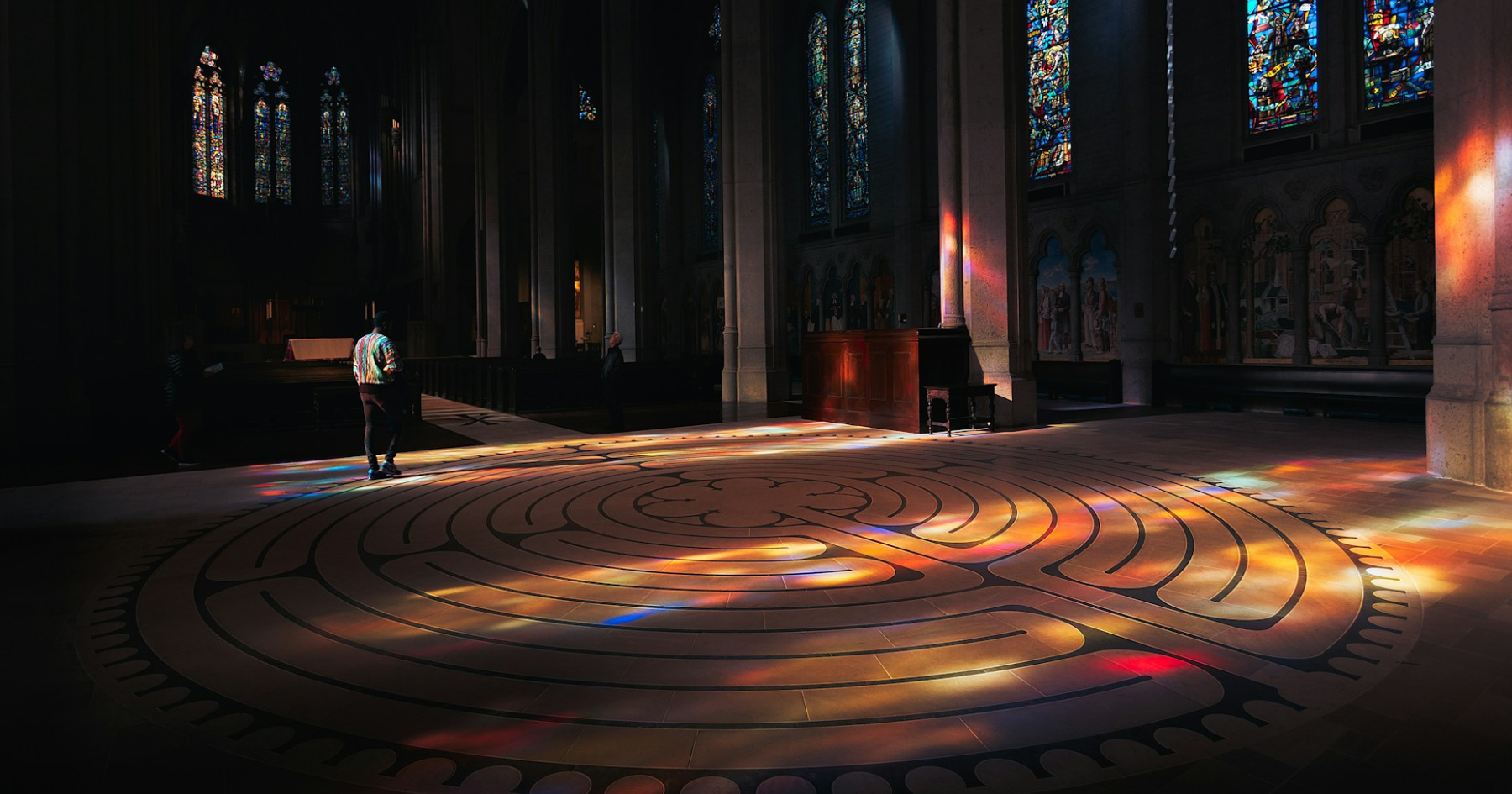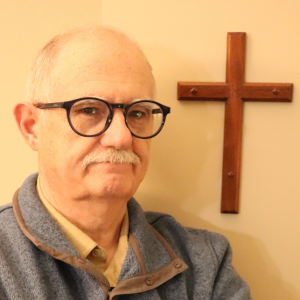“In the tiny spaces between breaths and the silence between your thoughts, I have placed a door that leads directly to me.” — Rumi
Oblation.
It’s a strange word out of the writing and records of monastic communities ancient and modern. From this word we have a more familiar one: oblate. Oblation means “offering.” In July last year I became an oblate of the World Community for Christian Meditation (WCCM) founded by Dom John Main. His vision was to have a monastery without walls upholding Benedictine values of silence, stillness and simplicity, rooted in the gospel.
In my oblation, or offering, I made lifelong promises of obedience, stability and conversion to the work and mission of WCCM. Its mission is to teach, encourage and support the practice of silent meditation as a holistic spiritual practice for all people.
In monastic circles the running jest is that almost anyone can learn to become a good oblate, but priests have the most difficulty. The reasoning has logic because they’ve already been formed in biblical studies and theology and have enjoyed a privileged part of their institutional contexts. It is difficult to make the adjustments necessary to simply be of service, not to direct, or be in charge, or be the learned one, the one the institution grants privileges to because of their ordination.
My process of becoming an oblate lent itself to shedding my priestly identity, aided by moving and anonymity over these past several years. This stripping away of my priestly status enabled me to be more receptive of my own being, of the presence of the spirit within beholding me and enabling me to experience God in silence and stillness without the need of liturgical words and actions.
While my letting go was reluctant, it was necessary to have a “spirit of poverty,” an interior experience where we are completely naked before God, in that we bring nothing, offer nothing and expect nothing.
It is a condition described in the writings of the desert fathers and mothers and many monastics. In this way of being, we develop a deeper intimacy with our creator. The prayer of pure silence is a shaping influence, one that we are physically unaware of in the practice but bleeds out into all areas of life.
While technically not performing customary priestly roles, I am still a priest, even one with an unused license. I am a priest on my knees cleaning the floor in our soup kitchen, shovelling compost for a friend, preparing old furniture, leading meditation online or walking and praying in nature. Now, as an oblate, I am committed to be of service in the mission and work of WCCM.
If you have questions or would like to know more about Christian meditation, please contact me at [email protected].




